
Matthew Cramer
Advisor: John MacArthur
Matthew is master's student in Urban & Regional Planning at the Nohad A. Toulan School of Urban Studies and Planning. He worked with John MacArthur and Dr. Aaron Golub to research the impact automated fare payments may have on vulnerable community members as transit agencies modernize their fare payment systems.
 Minju Kim
Minju Kim
Advisor: John MacArthur
Minju Kim is a PhD student in Urban Studies from the Nohad A. Toulan School of Urban Studies and Planning with a specialization in transportation and gerontology, and candidates graduate certificate program in the Institute of Aging. She received a Master's degree in Transportation Studies from Seoul National University and studied in Urban Planning for Bachelor from Chung-Ang University from South Korea. Her current research interest focuses on transportation for older people, and she would like to research the differences in preference and trends of older adults. She worked on a TREC project about the impacts of shared E-scooter operations during the 2019-2020 Portland Pilot Program with John MacArthur and Jennifer Dill. In order to improve the accessibility and sustainability of micromobility systems to the citizens of Portland, this research focuses on the impacts of scooter operations on VMT, including scooter deployment, rebalancing, and charging.

Michael McQueen
Advisor: John MacArthur
Mike McQueen is a master's student who worked with John MacArthur of TREC and Kelly Clifton of the Department of Civil and Environmental Engineering. Mike is researched e-bike travel behavior and micromobility as an Eisenhower Fellow. In the past he has studied e-bike purchase incentive programs, potential positive environmental impact of e-bikes in Portland, BIKETOWN, and the demographics of zero car households.
 Max Nonnamaker
Max Nonnamaker
Advisor: Jennifer Dill
Max is a master's student in Urban & Regional Planning and Public Health. Coming from Milwaukee, WI, most of Max's previous work has been in the public health and social sectors with a focus on advocacy and community engagement. Max graduated from the University of Wisconsin - Madison in 2014 with a BS in Kinesiology and a certificate in African Studies and shortly after began working as a Community Health Advisor with the Peace Corps in Madagascar from 2015 - 2017. At TREC, Max worked with Dr. Jennifer Dill and Metro/ODOT on the Region Mobility Policy Update by conducting background research on existing and new mobility measures and approaches to be recommended for implementation in the next Regional Transportation Plan update.
 Nicholas Puczkowskyj
Nicholas Puczkowskyj
Advisor: John MacArthur
Nick Puczkowskyj is an Urban Studies PhD student at the Nohad A. Toulan School of Urban Studies and Planning. He worked with Prof. Dill and John MacArthur to examine the impacts of e-scooter operations on VMTs in Portland, OR. His dissertation research seeks to challenge the binary approaches to transportation research by using feminist, queer, and travel behavior theory to address the noticeable gap of transgender/genderqueer data and research in the transportation field. Nick hopes to use this research to expand and redefine inclusive transportation policy and practices. Nick's other research interests include: mobility justice, active transportation, micromobility, and transit.
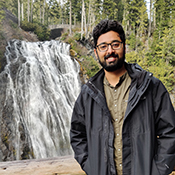 Aman Singh Solanki
Aman Singh Solanki
Advisor: Hau Hagedorn
Aman is a versatile, results-driven software engineer who loves to solve real-world problems by writing software. When he is not doing that, he loves to be outdoors and hang out with friends and try new food carts. He worked as a research assistant with TREC, particularly on the BikePed Portal project. He created a filter application to help users easily view all the transportation research work in one place. He is also helping to design UI for some awesome applications being made here at TREC. To learn more, check out his portfolio.

 Jai Daniels
Jai Daniels Kyuri Kim
Kyuri Kim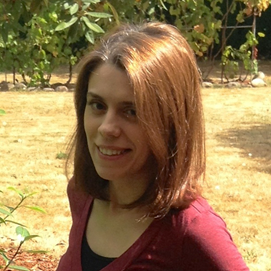 Rebeca Petean
Rebeca Petean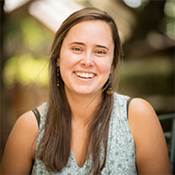
 Cameron Bennett
Cameron Bennett Harrison Husting
Harrison Husting Jiahui Ma
Jiahui Ma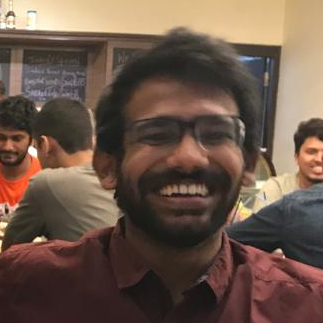 Prabhu Marappan
Prabhu Marappan Jacqueline Krantz
Jacqueline Krantz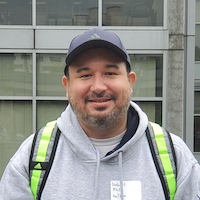 Gabriel Quiñones-Zambrana
Gabriel Quiñones-Zambrana

